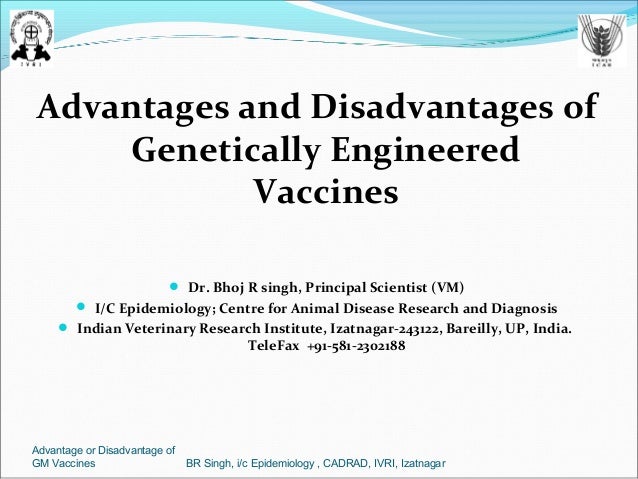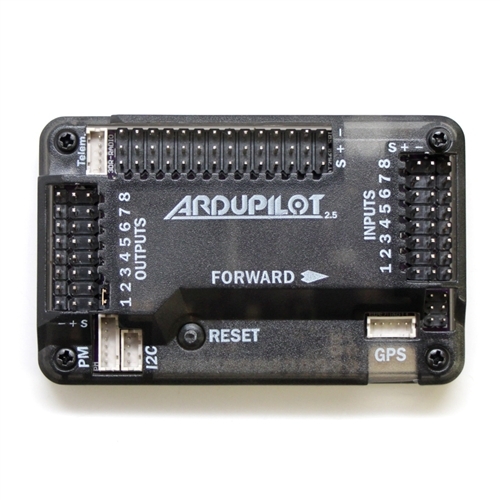Pros and Cons of Stem Cell research
There are no problems surrounding the method of research. However, the problem lies in the source of the stem cells. Stem cells are either obtained from pluripotent cells in human embryos or fetuses.
What are the potential benefits of stem cell research?
Imagine a world where transplants could be done without the sacrifice of another person losing an organ. This world exists only within the boundaries of stem cell research.
If you have a family member with a confirmed abnormal or BRCA2 gene and your test result is negative, your genetic counselor. Weigh the pros and cons of. PROS OF GENETIC ENGINEERING: One of the greatest achievements of mankind was the production of artificial insulin. Yes, you heard it right! The first insulin production can be credited to genetic engineering which helped scientists to produce insulin from yeast and E-coli. The 4 Pros of Genetic Engineering. Genetic engineering offers benefits such as: 1. Better Flavor, Growth Rate and Nutrition. Crops like potatoes, soybeans and tomatoes are now sometimes genetically engineered in order to improve size, crop yield, and nutritional values of the plants.
What stem cell research strives to achieve is the cultivation and nurturement of stem cells, the basic cell of the body, enabling it to be reproduced to other specific parts of the body. The implications are obvious. Limbs and organs could be grown from scratch in a lab then used in transplants or to cure illnesses.
By providing the raw material for virtually every kind of human tissue, new treatments for a wide range of human diseases including diabetes, heart disease, some forms of cancer, and Parkinson's disease can now be developed.
This research also benefits the study of development events that cannot be studied directly in a human embryo, which would cause major clinical consequences such as birth defects, infertility and pregnancy loss.
A more complete understanding of normal development will ultimately allow the prevention or treatment of abnormal human development.
Another advantage is the ability to test millions of potential drugs and medicine, without the use of animals or human testers. This requires a process of simulating the effect the drug has on a specific population of cells. This would tell if the drug is useful or problematic.

How Stem Cell Research Benefits Medical Treatments
Cons of Stem Cell Research
There are no problems surrounding the method of research. However, the problem lies in the source of the stem cells. As explained in the methods section, the stem cells are either obtained from pluripotent cells in human embryos or fetuses.
This leads to many under handed means to obtain the embryos or fetus, causing problems in the 'organs black market'. This entire situation gives rise to the illegal sale of the embryos or fetus by doctors. The research in stem cells have also raised many religious and social issues (see Issues).
Adapted from: http://www.ncbi.nlm.nih.gov/About/primer/genetics_cell.html
Next, Current Treatments...
Tweaking a gene or two can bring the desired changes in human body but the technique brings along several moral and ethical issues.
You will have a perfect face if that stub of a nose you got from your father is sharpened a bit. Susceptibility to seasonal allergies is another issue that hassles you day in and day out. We all have something which needs to be altered and made perfect. Developments in science may make such modifications a reality through the use of genetic engineering.
However, the technology is still inviting lots of debates and controversies related to its optimum use. Here we discuss the pros and cons of genetic engineering.
Genetic engineering means alteration of your gene structure to replace any dysfunctional gene with a more efficient one. For instance, if somebody is suffering from cancer, his mutated genes can be replaced with healthy ones through genetic engineering. Another use can be to prevent any family disorder from passing on to a child through gene alteration.
Genetic engineering can either happen through intervention in the sperm and egg cells or via introduction of a viral vector carrying the healthy gene into the body of a person. Not many people know that one of the first uses of genetic engineering was for production of synthetic insulin which has proved to be a great boon for diabetics.
Pros of Genetic Engineering
As explained above, there are several reasons why genetic engineering can work wonders for the human race. Though we have progressed a lot from the times when smallpox, chickenpox and plague used to wipe out entire cities, new and more lethal diseases like cancer, AIDS, cardiac ailments and Alzheimer’s are still a challenge.
Auto immune diseases are another set of disorders which are troubling several people around the world and are still a mystery for scientists. With genetic engineering, we can hope to weed out these diseases from their roots which means replacing the faulty genes that allow them to exist and flourish in our bodies. Development of medicines specific to genetic makeup of each individual to get the best results can be one of the pros of genetic engineering.
Not only the diseased and hapless but even healthy and sound can look forward to reap benefits of the technique. Scientists are talking about longer lifespans since the ageing process can be stopped by tweaking particular genes. In fact, not only life spans but complete reversal of time – from old age to childhood or youth – may become a reality.
[ad#co-1]
Cons of Genetic Engineering
Though benefits of genetic engineering may seem like our ultimate dreams coming true, it is not so easy. There are various risks as well as moral and ethical dilemmas associated with the technique right now. Scientists are still experimenting with genetic engineering and some of these attempts have resulted in death of the subjects because there is still no clarity on how and in what way the healthy genes can be introduced in a body. In addition, the risks of making such an alteration are also not known. There can be an inherent capacity in human body to resist any attempt for genetic makeover by making corresponding changes in the genes elsewhere.
The risk of creating a seemingly perfect race is also manifold. Due to diversity of genes, there are some people who are more prone to a certain disease while there are others who are completely resistant to it. Since with the ‘perfect gene’ theory, we will all be genetically same, a new and more lethal disease can finish off the whole human population in one go.
On the other hand, if there are only a few who get this benefit of having a perfect gene, there will be discrimination. A few “mentally and physically perfect” people ruling large number of lesser mortals can be one of the cons of genetic engineering.

Parents will start making a beeline to have a “designer baby” who can bend it like Beckham and sing it like Bryan Adams while having the looks of Tom Cruise.
So is it really necessary for scientists to play God and change the genetic character of people to make them healthy or increase their life spans? Maybe with time and greater knowledge, we get to understand things better. Moral and ethical issues aside, genetic engineering holds a great scope in medical field and restricting the use of this technology only to deal with chronic and deadly diseases can be the solution which helps us all.
Pros And Cons Of Genetic Engineering Medicine
[ad#afterpost]